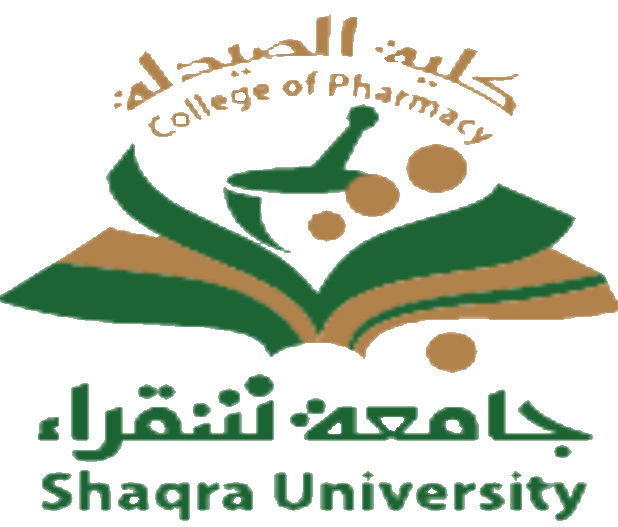
مقدمة عن كلية الصيدلة – جامعة شقراء
استنادًا إلى التوجيه السامي الكريم رقم (5150/م ب) وتاريخ 3/7/1429هـ، والمتضمن الموافقة على قرار مجلس التعليم العالي رقم (23/49/1429) وتاريخ 2/4/1429هـ، القاضي بضم الكليات والمعاهد الصحية التابعة لوزارة الصحة إلى مظلة الجامعات من حيث الإشراف الإداري والمالي والأكاديمي، وبناءً على التوصيات الصادرة عن مجالس الجامعات بشأن إعادة هيكلة تلك الكليات والمعاهد الصحية، تم تأسيس كلية الصيدلة كإحدى الكليات التابعة لجامعة شقراء.
تُعد كلية الصيدلة من الكليات الحديثة النشأة، حيث تم افتتاحها في العام الجامعي 1432-1433هـ، بهدف تلبية المتطلبات المتزايدة في مجال الرعاية الصحية، ومواكبة التطورات المتسارعة في مهنة الصيدلة على المستويين المحلي والعالمي.
جاء تأسيس الكلية في إطار رؤية استراتيجية تسعى إلى تطوير مهنة الصيدلة لتتجاوز المهام التقليدية في تحضير واكتشاف الأدوية، إلى دور أكثر شمولاً ومباشرة في تقديم الرعاية الصحية للمرضى ضمن منظومة صحية تكاملية.
ولا يقتصر دور الكلية على تقديم برامج البكالوريوس للطلبة وفقط، بل يشمل أيضًا توفير فرص التعليم والتدريب الأكاديمي والمهني كذلك، في إطار بيئة تعليمية شاملة تُعزز من التكامل بين الجنسين في مجالات التعليم الصحي.
Introduction to the College of Pharmacy – Shaqra University
Under the Royal Decree No. (5150/MB) dated 03/07/1429 AH, which approved the resolution of the Higher Education Council No. (23/49/1429) dated 02/04/1429 AH regarding the administrative, financial, and academic affiliation of health colleges and institutes formerly under the Ministry of Health to the universities, and based on the recommendations of the respective university councils concerning the restructuring of these transferred health colleges and institutes, the College of Pharmacy was established as one of the colleges affiliated with Shaqra University.
The College of Pharmacy is considered a recently established institution, inaugurated in the academic year 1432–1433 AH, to respond to the growing demands in the healthcare sector and keep pace with global advancements in the field of pharmacy.
The establishment of the college aligns with a strategic vision to develop the pharmacy profession beyond its traditional role in drug discovery and preparation, expanding it to a more comprehensive and direct role in patient care within an integrated healthcare system.
The college's mission is not limited to offering undergraduate education to male students only but extends to providing academic and professional training opportunities for them as well, in a comprehensive educational environment that promotes gender inclusion in the health education domain.
